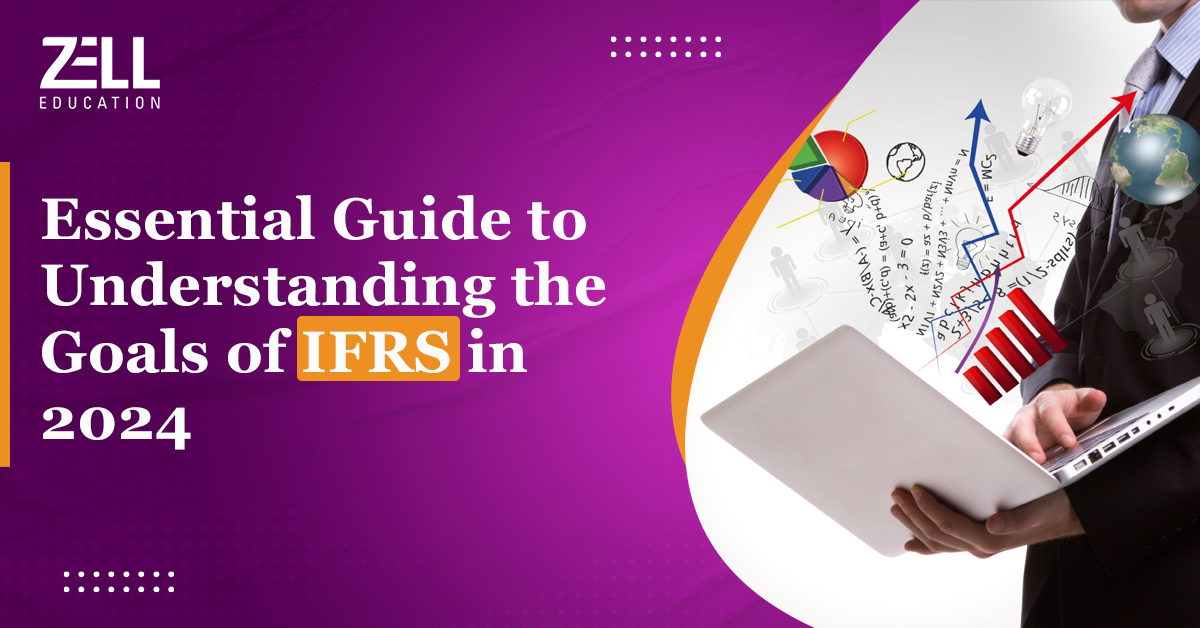Top 6 Career Options After BAF: What to do After BAF
After completing your graduation, it is natural to feel confused about which career path to embark on. This decision can largely affect your long term career options, so it is important to do some thorough research before making any concrete decisions.
There are numerous career paths to explore in the career of accounting and finance. Over the past few years, the job opportunities available for commerce graduates have increased drastically, and are only expected to grow even more in the future. After you’ve completed your BAF, here are some of the most relevant career options after BAF that can help you excel in the field of accounting and finance.
How to Enhance Your Banking and Finance Skills
The BAF course is an intensive graduation course after the 12th that equips you with concepts Finance and Accounting like –
- Taxation
- Auditing
- Economics
- Business Law
- Business Communication
- Information Technology
Most of these concepts overlap with the ACCA subjects, making BAF and ACCA an ideal dual degree combination. However, it also depends on the interest you build in any one of the concepts you come across during your learning phase.
There are several career options after BAF that one can consider, but to really enhance your career trajectory, a professional global qualification would be the right choice. If you feel that you are more inclined towards investments and financial markets, then CFA is the course for you. And if you feel your interest lies more in management accounting then you must consider taking up US CMA.
As mentioned earlier, the choices in this field are endless, and it just boils down to where your interest lies. If you’re confused regarding your interests, here are some options we’ve shortlisted just for you.
1. Association of Chartered Certified Accountants (ACCA)
The Association of Chartered Certified Accountants course is an internationally recognised qualification in the field of accounting and finance. The ACCA body, which is a UK based accounting body, has earned recognition across the world and such professionals are eligible to work in over 180 countries.
Moreover, if you have completed your BAF, you may also be eligible for exemptions from some Knowledge Level exams in ACCA. You will be able to explore career opportunities in countries like the UK, Australia, Dubai, Singapore and the UAE.
Average Salary for an ACCA is around 5 – 6 Lakhs per annum and with experience it can go up to 19-20 Lakhs per annum. So ACCA as a career option after BAF is a good choice.
2. Chartered Financial Analyst (CFA)
The Chartered Financial Analyst course is offered by the CFA Institute, which is a US-based not-for-profit organisation. This course comprises three levels with 10 subjects each. Each subject has a different weightage in each level of CFA.
After completing CFA, you will be able to work in the field of finance and investment in job profiles like Investment Banker, Portfolio Manager, Stockbroker or even Hedge Fund Manager. Additionally, since CFA is an internationally recognised course, you can expect offers from countries like the US, UK, Dubai, Hong Kong, Singapore and the UAE.
Also Read : CFA Salary in India
3. Financial Risk Manager (FRM)
Another great option to consider after your graduation in the field of commerce is the FRM course. The FRM exams are conducted by the Global Association of Risk Professionals (GARP), USA and consist of two levels. While CFA is broader course that covers all financial aspects including FRM, the Financial Risk Management is a niche course that especially focusses on risk management techniques.
After the pandemic and constant change in global dynamics, every company needs an FRM manager to keep them in a secure space and protect the company from unpredictable issues.
4. Certified Public Accountant (US CPA)
The Certified Public Accountant course is offered by the AICPA and allows you to work as a public accountant in the US and other North American countries like Canada and Mexico. This is because the AICPA accounting body has signed a few MRAs and MoUs with such countries
This course makes you the CA of the US. However, the eligibility for US CPA professionals differ from one jurisdiction to another. If you wish to make your process simpler, you can approach a coaching institute like Zell Education that will help you through every step of the process.
After completing the US CPA, you will have the opportunity to work with some of the most reputed accounting firms in the world, such as the Big 4 (KPMG, Deloitte, EY, PwC), Grant Thornton, BDO and J. P. Morgan.
5. Master of Commerce (M. Com – Accounting and Finance)
Pursuing your Masters in Accounting and Finance is also a great next step after getting your BAF degree. This is a 2-year post-graduate degree that allows you to learn more about the field of accounting and finance and helps you get a broader perspective of the field. It also gives you sufficient credits to pursue the US CPA course.
This course is great if you want to specialise in the theoretical aspects of accounting and finance and get a better hold of your knowledge.
6. Master of Business Administration in Finance (MBA in Finance)
An MBA in Finance is an excellent option to consider after graduation from any subject in the field of commerce. However, an MBA degree is only as credible as the university or college it is earned from.
If you can crack the entrance exams and requirements from some of the top MBA colleges, then an MBA will be the best move for your career. However, instead of getting an MBA from a tier-2 or lower college, you should consider pursuing CFA since it will offer similar opportunities.
Some of the top colleges for MBA in India are IIM Ahmedabad, IIM Bangalore, IIM Calcutta, SPJIMR, Department of Management Studies in IIT Delhi and XLRI Xavier School of Management.
Job Profiles for Freshers After BAF
If you would rather start working after your BAF instead of pursuing another course, here are some job profiles that you might be eligible for:
- Operations Manager
- Accountant
- Mortgage Advisor
- Relationship Manager
- Analyst
If you are thinking about pursuing a career in accounting and finance and would like to get some more insights on what steps to take next, you can reach out to us at +91 8976970578. You can also check all the courses offered by us on Zell Education’s website.
FAQ
What are the eligibility criteria for FRM?
The eligibility criteria for FRM is that you need to be a graduate or at least in your final year of graduation to start preparing for FRM.
What is the average starting salary for BAF?
The average annual salary of a BAF graduate can be approximately between INR 4 to 6 lpa.
What is the scope of CA + FRM?
CA is a course that can help you excel in your career if you decide to pair it with your FRM degree.










